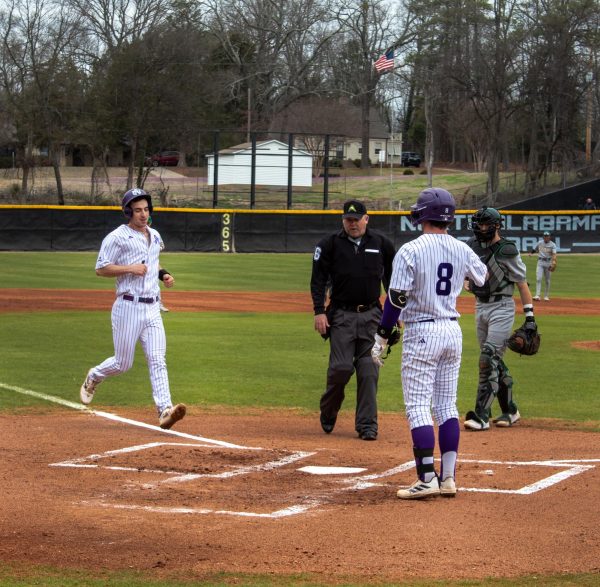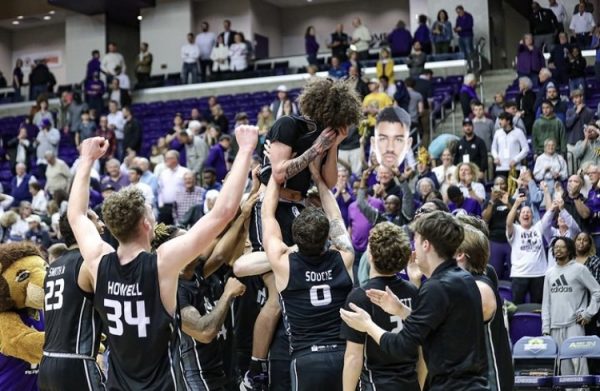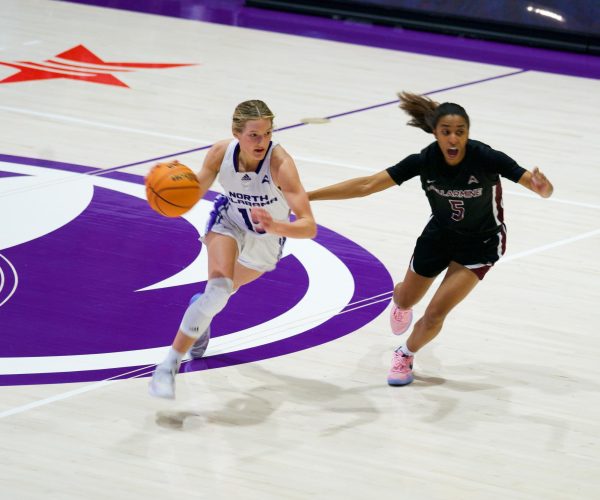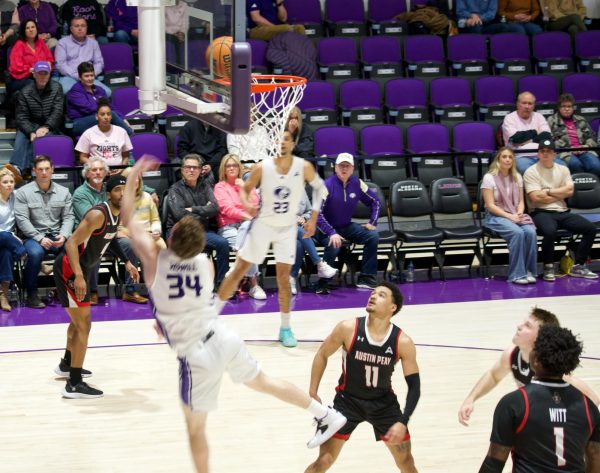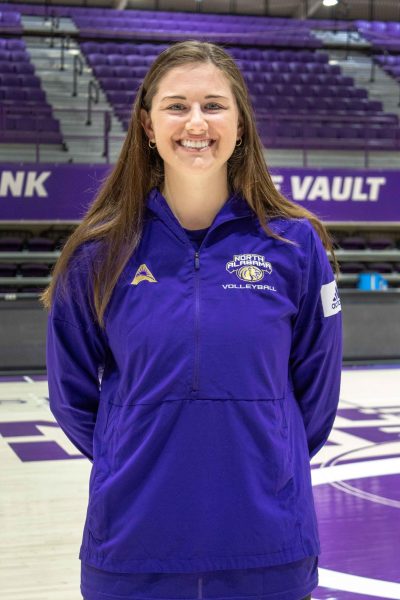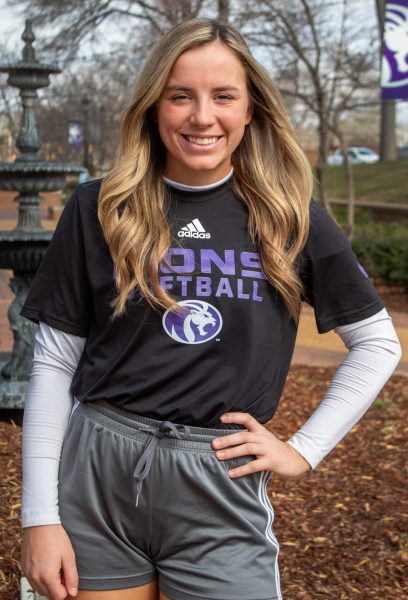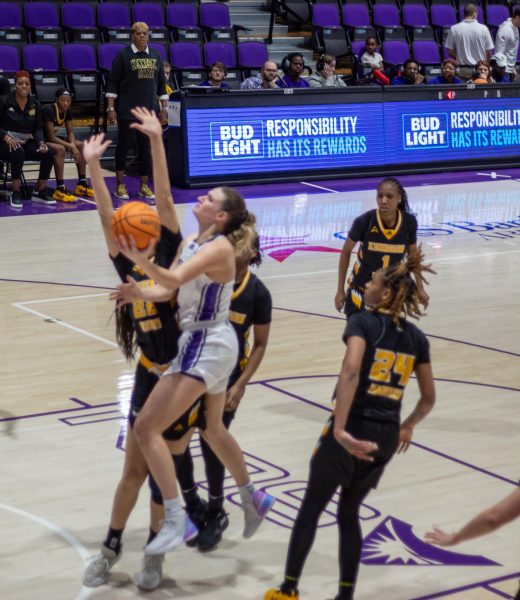UNA international soccer players adjust to life in the US
October 2, 2014
Most students envision touchdowns when thinking about football, but that is not the case with many UNA women’s soccer players.
Of the Lions’ 24 players on the roster, 10 are from outside the U.S. The team boasts the largest number of international athletes of any team at UNA, according to UNA’s athletic rosters.
One of the factors behind the high number of international athletes is because soccer is not as popular in Alabama and the U.S. as it is in Europe, said head coach Chris Walker, an England native.
“Over in Europe there is no American football, baseball or basketball. It’s just soccer,” he said. “Yes there’s rugby and cricket, but soccer is the dominant sport. You know about it whether they like it or not, and they’re all watching it.”
Because of the popularity of soccer in other countries, the international players typically have a good understanding of the game, Walker said.
“Soccer is growing in America slowly. Every time the World Cup is on and the U.S. does well, (the popularity) tends to get better and better,” he said. “It’s definitely growing – it just needs to hurry up and grow quicker.”
Walker said the two biggest differences in soccer in the U.S. and Europe are the aggression is more fierce in Europe and the weather is not as hot as it is in the U.S.
Seven of the 11 starters on the team are international, and their success have helped the Lions with a hot start, Walker said.
Being an international student and coming to play soccer at UNA can be an adjustment, some players said.
“The two biggest adjustments have been the food and not being able to see your family and friends,” said sophomore midfielder and Wales native Stacy Webber. “The weather is different, too, because the hottest it gets in Wales is like 60 degrees.
“Also, it was tough coming out here and not having a clue who anyone was. I’ve never met or spoke to any of these girls before I came here.”
Sophomore midfielder Eleanor Costello, from England, said all the vast amounts of fried food in the U.S. makes it difficult to stay in shape.
“There’s a lot of fast food with fried food, so it makes it hard to control your diet,” she said.
The accent does not go unnoticed around campus, Webber said.
“Even if I just say ‘hey’ they notice (my accent),” she said.
Freshman forward Beatriz Fernandes, a native of Portugal, had to pick up English as a second language before she came to the U.S. She said she watched American TV shows and movies and listened to American music to help her learn English.
“Communicating with your teammates on the soccer field is important, so being able to speak the same language as your teammates is necessary,” she said. “English wasn’t hard for me to learn because American entertainment is over the whole world.”
However, Fernandes said there were a few words she did not know how to say in English when she first started suiting up for the Lions, but her teammates have helped her communication skills.
Fernandes credits both the coaches and her other teammates for helping her make the adjustment from Portugal to the U.S., she said.
“The team has been like a family to me and everything the coaches do, they do it for us,” she said.
Costello said she constantly gets asked is if she is going to move back to England after she graduates or if she is going to stay in the U.S.
“I always tell them ‘no I want to stay here forever,’” she said. “We all love America.”


